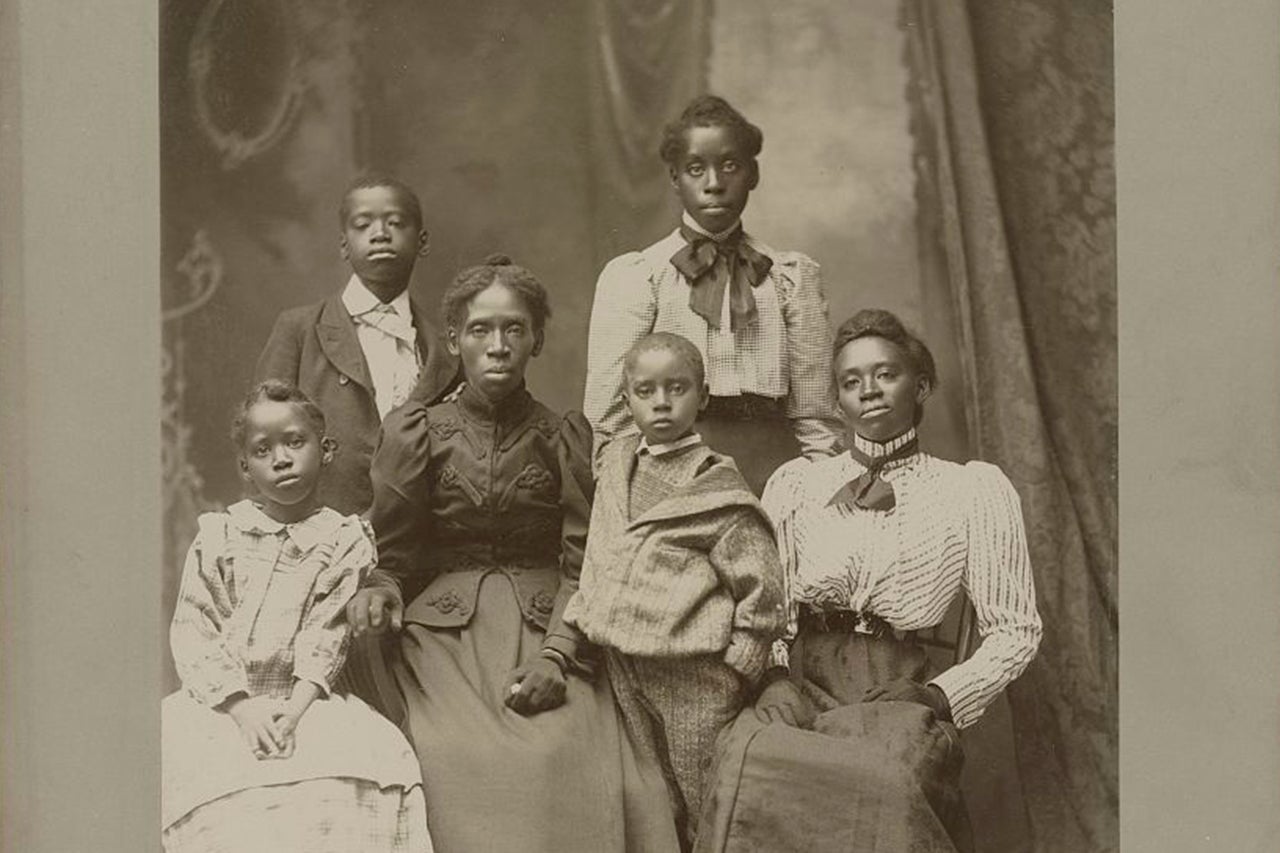by Daron Calhoun
Avery Institute and the Avery Research Center for African American History and Culture at the College of Charleston will present a free screening of An Outrage, a new documentary film about lynching, on Oct. 10, 2017, at 6 p.m at the Avery Center, located at 125 Bull St.
The event, part of the Race and Social Justice Initiative at the College, will include a post-screening discussion with the filmmakers, joined by Willie Griffin, professor of history at The Citadel and Mari Crabtree, professor of African American studies at the College of Charleston. The screening and discussion are free and open to the public. Registration via Eventbrite is encouraged.
 The film, produced by the Richmond, Virginia-based independent filmmakers of Field Studio, had its world premiere at the Smithsonian National Museum of American History in Washington, D.C. in March 2017, and will be distributed by the Southern Poverty Law Center’s Teaching Tolerance project. In April, An Outrage received the festival-wide Audience Award at the Indie Grits Film Festival in Columbia, South Carolina.
The film, produced by the Richmond, Virginia-based independent filmmakers of Field Studio, had its world premiere at the Smithsonian National Museum of American History in Washington, D.C. in March 2017, and will be distributed by the Southern Poverty Law Center’s Teaching Tolerance project. In April, An Outrage received the festival-wide Audience Award at the Indie Grits Film Festival in Columbia, South Carolina.
An Outrage was filmed at lynching sites in six states – Georgia, Mississippi, South Carolina, Texas, Tennessee and Virginia – with descendants of victims, community activists, and historians. The film highlights the oft-hidden history of lynching and its resonance today. Jonathan Holloway, provost of Northwestern University and a historian of the Jim Crow era, notes in the film, “I promise you, once you start taking in the ‘unofficial histories,’ the official history doesn’t look quite so accurate anymore.”
The film is directed, edited, and produced by Hannah Ayers and Lance Warren, co-directors of Field Studio, who seek to make the film a hub for action.
“Our principal goal,” notes Warren, “is to spur needed conversations that lead to real change, so the film conveys powerful stories and vital history in short form.”
Ayers and Warren, who are currently on a 20-state tour of the film, note that the film’s content is particularly timely in light of the national debate about the display of Confederate flags and monuments honoring Confederate leaders and the white supremacist violence in Charleston, Charlottesville and elsewhere.
“An Outrage reveals the long, unbroken tradition of white supremacy in America — as expressed by extremist organizers as well as community complacency — and how its history echoes for the families of the thousands of victims of racial terror,” Ayers says.
Warren adds: “We hope the film demonstrates why people of conscience, from all political backgrounds, must resist ongoing injustice, threats, and violence motivated by hatred over ideas about race.”
One lynching highlighted in the film took place 90 miles from Charleston, in Lake City, South Carolina. In 1897, Frazier B. Baker was appointed by President William McKinley to be Postmaster of Lake City — the first African American to hold the position. Angry white residents threatened Frazier, his wife, and five children, hoping to run them out of town. When Frazier refused to step down, a mob killed him and his infant daughter Julia. Dr. Fostenia Baker, Frazier’s great niece and a South Carolina native, appears in the film to reflect on the lynching and its meaning for her family.
An Outrage includes interviews filmed in an artistic style uncommon for historical documentaries. The interviews include Holloway; two-time Pulitzer Prize-winner Isabel Wilkerson (author of The Warmth of Other Suns); Mia Bay, a Rutgers University historian and Ida B. Wells biographer; and Yohuru Williams, historian and dean of arts and sciences at Fairfield University
An Outrage will be available for free to teachers starting this fall through the Southern Poverty Law Center’s Teaching Tolerance project, an anti-bias education program with a network of nearly 500,000 teachers across the United States. The film has a 33-minute run time designed for use in classrooms and community forums. Teaching Tolerance is also developing curriculum to use with the film.
Featured Photo: Lavinia Baker and her five surviving children after a mob of whites set fire to their home while sleeping, killing her husband and baby girl on February 22, 1898. Left to right: Sarah; Lincoln, Lavina; Wille; Cora, Rosa




